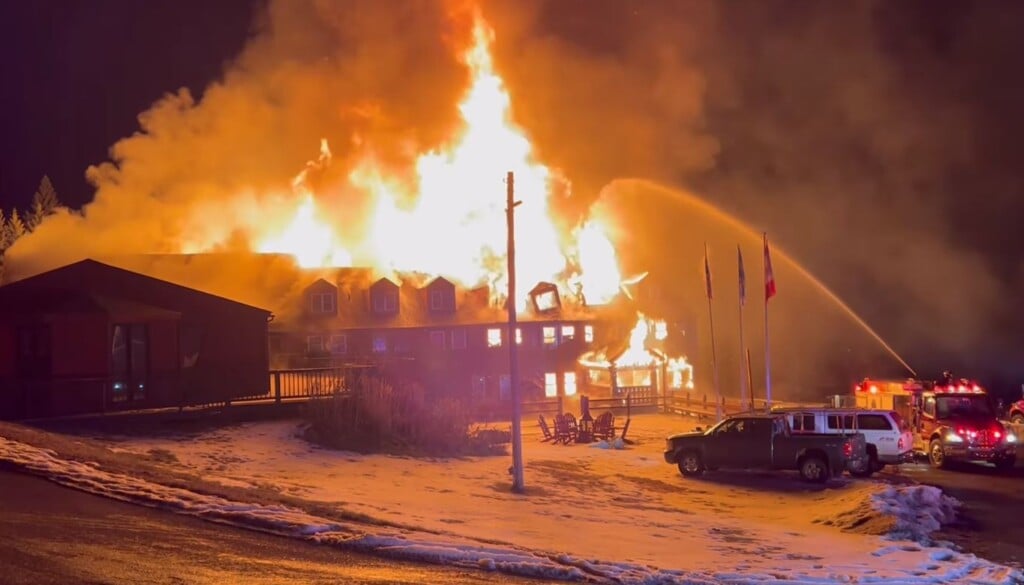Duluth School Officials Explain Need and Goals of Referendum
Technology education and technology itself would get much attention.
It’s not that long ago that blackboards, textbooks, and overhead projectors were as advanced as school technology got.
However today technology is everywhere, with teachers and students now using smart boards and online learning.
Monday, Duluth school officials say that is why they are making another effort to ask residents to approve a levy referendum.
“Virtually everything we do has technology attached,” said Danette Seboe, a principal now on a special assignment focusing on career and education.
Technical education has advanced significantly since students were enrolled in classes called “shop” or home economics. Today, there are many more classes designed to introduce trades to students and in some cases the students can become certified in a particular field.
The district has earmarked ten percent of the referendum funds for the needs of career and technical education courses.
Seboe says most of the courses are designed for all students, whatever their future career plans may be.
“We are giving students college-bound, career-bound, military-bound, [and the] ‘I don’t know what I’m doing yet’ student, really solid experience that will really help them figure that out,” said Seboe.
If the referendum is approved, a home valued at $315,000 would see a monthly property tax increase of $10.87.
The district says that like any industry, equipment in classrooms and labs needs to be repaired, updated or replaced regularly. The district says that this will allow students to be prepared for the current needs of businesses and industries in the area.
“We also identified areas for growth. Our current programs and instructors have a lot of ideas for changing, reshaping, adding so that we really are feeding into what our local business and industry needs,” said Seboe.
Superintendent John Magas said if the referendum vote fails there are many areas throughout the district that will be impacted.
“We talked about the devices, we talked about the safety, we talked about the infrastructure that we need,” said Magas.
“But there are ramifications. If it doesn’t pass, it will result in us not being able to replace the district devices we have, we will not be able to maintain our infrastructure the way that we’d like to. And cybersecurity will be more at risk than it has been. We also will have significant budget impacts,” said Magas.
The district has created a website to explain how and where the money will be used. The site is at futureforward709.org







